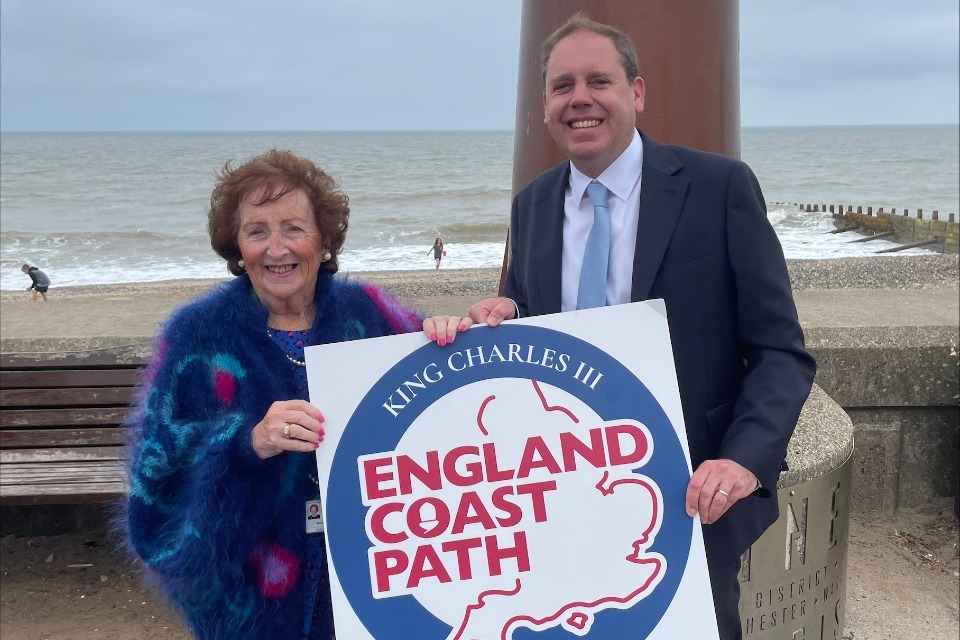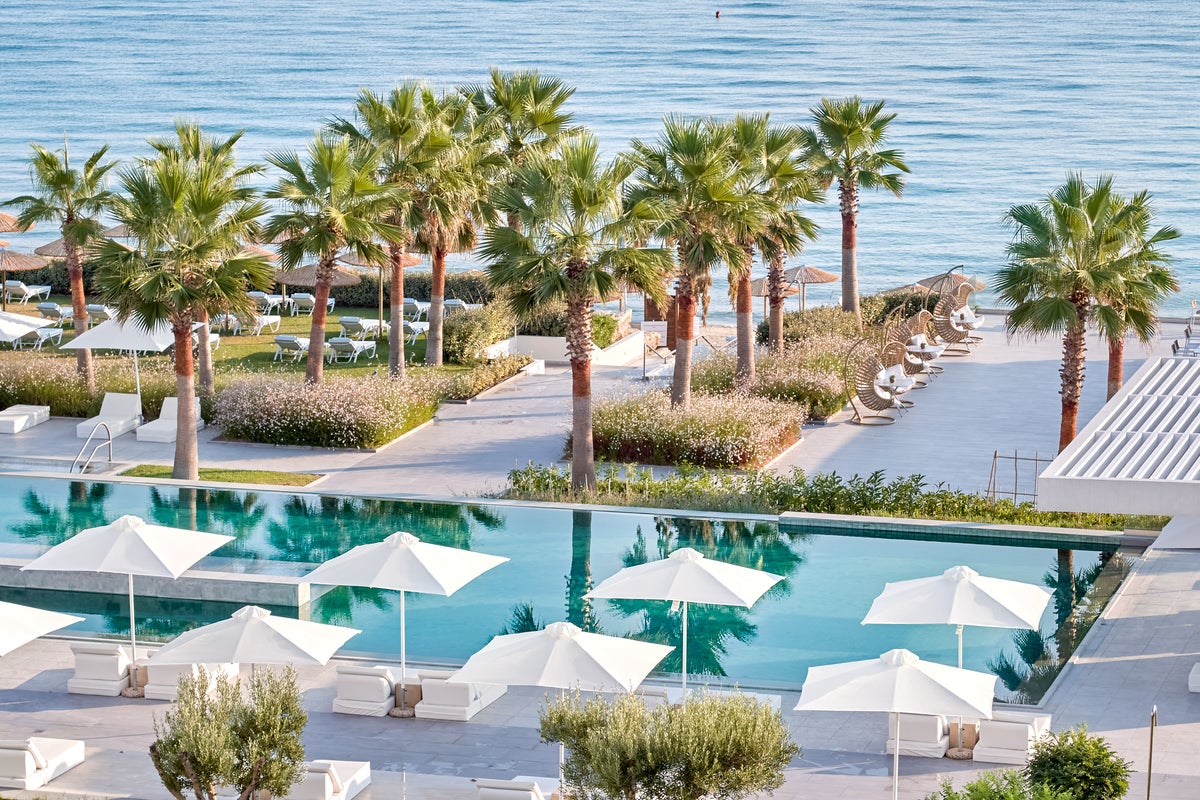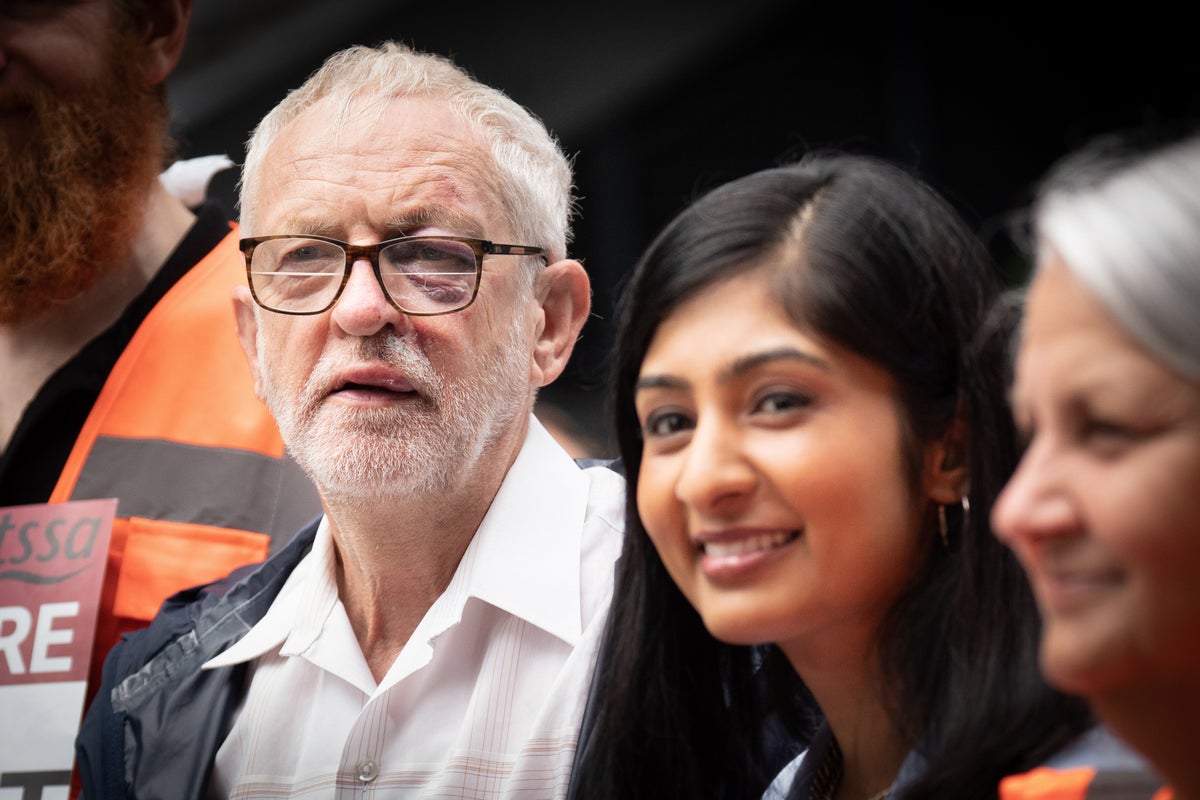 PA Media
PA MediaAn anti-racism group has hit out at “extremists” who took part in a protest against asylum seekers being housed in a former hotel in Falkirk.
Hundreds gathered outside the Cladhan Hotel on Saturday – one protester was seen performing a Nazi salute while another carried a banner that said Kill ‘Em All, Let God Sort ‘Em Out”.
Organisers, a Facebook group called Save Our Future and Our Kids Futures, said it had “no affiliation” with far-right protesters at the event.
Anti-racism protesters staged a counter-demonstration, including the group Stand Up To Racism which said the far right “poses a direct threat to life and safety in Scotland”.
Police closed the road for several hours as a result of the demonstrations and two men were arrested.
A 23-year-old was charged over a report of indecent exposure and a 26-year-old was charged with obstructing police.
Protesters, some waving Union flags, chanted “send them home” and anti-racism demonstrators responded with chants of “refugees are welcome here” and “this is what community looks like”.
Gary Clark, from Falkirk Trade Union Council, said he saw “some really awful sights” at the event.
Mr Clark, who uses a mobility scooter, said he had anti-disabled abuse shouted at him as he made a speech.
He told Scotland’s Mornings programme that he saw “neo-Nazi groups openly displaying banners.”
He said: “The police has to escort us around the corner to stop them attacking us.
“Their faces were pure anger, and hatred was written on their faces.”
He said the trade unions wanted to engage with the community and “tackle their fears in a correct manner.”
He said: “There were many concerned locals there, I’m not going to hide that fact.”
He referred to the case of Sadeq Nikzad, an asylum seeker from Afghanistan, who was jailed for nine years in June for raping a 15-year-old girl in Falkirk town centre in 2023.
He said: “What I would say is, just because one person is done for a sexual offence you can’t label them all.”
“There’s a lot of people who have been through a lot to get to this country, been through war, terror, and we have to look after them.”
 Stand Up To Racism Scotland
Stand Up To Racism ScotlandConnor Graham, from Save Our Future and Our Kids Futures, told the programme that group members are “definitely not extremists”, and are not racist or far-right.
He said: “We’re just local people who want to protect our community.”
Mr Graham said he “completely condemned” the banner, saying he “could not control” who turned up to a public event.
He said: “These other people who have turned up with the flags that they did, all I can do is ask them not to appear with that kind of stuff in the future.”
He said he wanted “openness and honesty about who is being housed in our community” and that further protests were being planned.
‘Need for unity’
Stand Up to Racism Scotland said the counter-protest “reflected the true community of Falkirk” and included trade unions, faith groups, LGBT+ organisations, and refugee rights advocates, “all united in peaceful opposition to racist hate.”
The group accused some demonstrators of launching flares and missiles at the counter protest, and of shouting “vile sexist abuse”.
A spokesperson said: “Saturday’s events are a stark warning: the far-right poses a direct threat to life and safety in Scotland.
“The events in Falkirk show the urgent need for unity to prevent the far-right from spreading hate and putting lives at risk.”
The rallies follow similar protests and counter-protests in Aberdeen earlier this month.
About 40 people protested against asylum seekers outside the former Patio Hotel on 9 August, with about 200 anti-racism protesters attending.
The event had been previously publicised on social media.
There were no reports of arrests amid a heavy police presence.
Another hotel in the Summerhill area of Aberdeen was also subject to a recent protest.
How many asylum seekers are there in Scotland?
As of March this year, there were around 6,000 asylum seekers in Scotland, with the majority (4,152) living in Glasgow.
A range of accommodation is used to house people while their asylum applications are being processed but most are in some form of longer-term, self-catering accommodation.
According to the Home Office, hotels are “contingency accommodation” and only meant to be used for asylum seekers when other housing cannot be sourced.
As of March, 18 local authority areas in Scotland were housing 1,352 asylum seekers in hotels.
This is up from ten councils housing 662 people in hotels as of June, 2023.
Falkirk had 79 asylum seekers living in hotels, as of March.
The increase in use of hotels reflects the UK government’s backlog in processing asylum applications, wider housing shortages and pressure from other schemes such as accommodating thousands of refuges from Ukraine.




